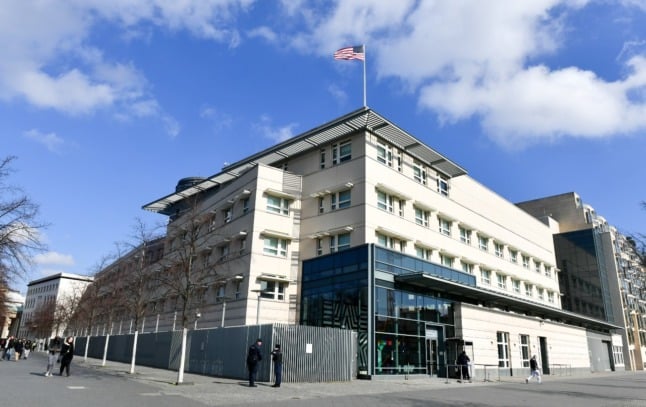“According to Swiss experts, the development of the situation of the damaged nuclear facilities in Fukushima is very uncertain,” the foreign ministry said in a statement.
“In addition, a change in wind direction is expected in coming hours, which could bring an increase in radioactivity rate to Tokyo.
“Due to the uncertain development of the situation in the agglomeration of Tokyo, the Federal Department of Foreign Affairs has decided to temporarily transfer the Swiss embassy in Japan to Osaka,” it said.
The ministry urged Swiss citizens to leave north-east Japan, where the damaged nuclear plan is located, as well as the greater Tokyo and Yokohama regions. It said it has booked all available seats aboard Swiss airlines’ flights from Tokyo to Zurich between March 18 to 20 to bring citizens home.
Japanese workers have been struggling for the past week to bring down the temperatures and prevent a meltdown at the Fukushima No.1 nuclear plant, whose cooling system was damaged by a ferocious earthquake and tsunami on March 11.
Food contaminated with radiation has been found outside Japan — where milk and spinach have already been tainted by a plume from Fukushima — as Taiwan detected radioactivity in a batch of imported Japanese fava beans.
Traces of radioactive iodine has also been found in Tokyo tap water, fueling anxieties although authorities said there was no threat to health.



 Please whitelist us to continue reading.
Please whitelist us to continue reading.